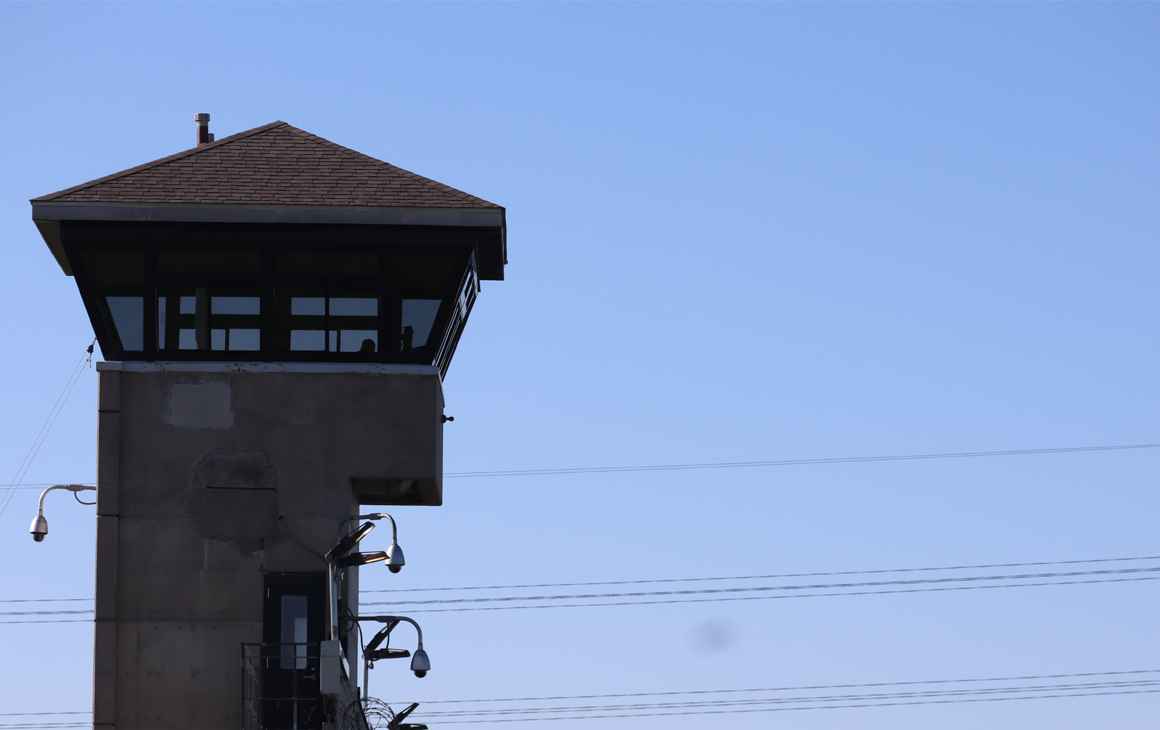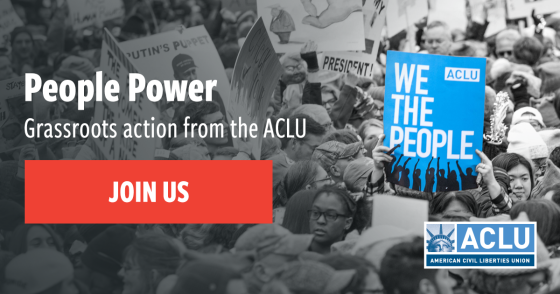LINCOLN, Neb. - In a ruling released today, U.S. District Judge Brian Buescher denied class certification in Sabata v. Frakes, a lawsuit challenging conditions in Nebraska’s overcrowded and understaffed corrections system, which imprisons Black Nebraskans and other Nebraskans of color at a rate grossly higher than that of white Nebraskans.
Judge Buescher wrote that he made the decision based on principles of federalism and out of reluctance to join as a class the cases of all incarcerated Nebraskans in the state prison system because individual medical needs “run the gamut,” suggesting systemwide changes cannot resolve failures to provide sufficient care. The decision is a legal setback for the parties who brought the case, including the ACLU of Nebraska, the ACLU National Prison Project, Nebraska Appleseed, the National Association of the Deaf, and the law firms DLA Piper and Rosen Bien Galvan & Grunfeld LLP.
David Fathi, lead counsel on the case and director of the ACLU National Prison Project, said the ruling was in part a win and in part a loss. The court noted that there are serious issues in Nebraska’s prison system and that plaintiffs were appropriate class representatives; however, the essential holding was that the court denied class certification to allow claims to be brought on behalf of the 5,600 Nebraskans incarcerated in the state system.
“Nebraska’s prison system is in crisis and remains the second most overcrowded in the country. It is rife with racial disparities that can’t be underemphasized in this moment. This ruling doesn’t change that,” Fathi said. “We see the crisis in the state’s inability or unwillingness to provide basic healthcare and disability accommodations. We see it in solitary confinement practices that put people back into our community more psychologically damaged than when they arrived. We will continue to review the decision and discuss next steps with our clients. As we have noted from the outset, the state has the power to fix this without court intervention. The time is now to enact smart justice reforms, improve access to healthcare and mental healthcare, reduce reliance on solitary confinement and provide basic accommodations for incarcerated Nebraskans who have special needs.”
On behalf of 11 named plaintiffs, Sabata v. Frakes argues that Nebraskans who are incarcerated are being deprived of critical medical and mental healthcare, suffering serious harm through overuse of solitary confinement, and being discriminated against because of disabilities, violating the Eighth Amendment of the U.S. Constitution, the Americans with Disabilities Act (ADA) and the Rehabilitation Act.
Danielle Conrad, executive director of the ACLU of Nebraska, said that today’s ruling is disappointing and impacts all Nebraskans, but especially Nebraskans of color and all those joining them in recent days to call for an end to systemic racism in policing and corrections.
“This case has always been about mass incarceration, racial justice and disability rights – and it’s also about basic humanity in a system that touches every corner of the state,” Conrad said. “We were asking for disability accommodations and a basic level of healthcare that’s required by law. The disappointing fact is that now we have one less tool to fight for those basic human rights, but Nebraskans can rest assured we won’t stop fighting.”
Robbie McEwen, legal director of Nebraska Appleseed, similarly expressed disappointment in today’s ruling and stressed that the ruling does not mean there are not serious problems within Nebraska’s prison system.
“We are disappointed Judge Buescher did not find that the pervasive systemic deficiencies within the Nebraska Department of Correctional Services are issues that the federal court system should help resolve,” McEwen said. “Our clients, and all potential class members, continue to face serious and avoidable risks of harm on a daily basis because of our broken prison system. We are evaluating all of our options as a legal team."
Nebraska’s criminal legal system continues to have a disproportionate impact on people of color and those with a mental health diagnosis.
- Currently, more than one in four Nebraskans who are incarcerated are Black, even though just 5% of Nebraskans are Black.
- Native American adults are imprisoned at a rate nine times higher than white adults in Nebraska.
- According to a 2015 analysis, people with mental health and substance abuse disorders made up 82% of the Nebraska prison population.
Nebraska has one of the most overcrowded prison systems in the nation. The state is now only a month away from a deadline in state law that will formally establish a prison overcrowding emergency. The emergency is intended to begin the process of reducing Nebraska’s prison population to 140% of design capacity.
As of the Department of Correctional Services’ latest report, facilities averaged more than 5,600 occupants – more than 158% of design capacity. One facility is at more than 325% of design capacity.
Learn more: ACLU Blueprint for Smart Justice

